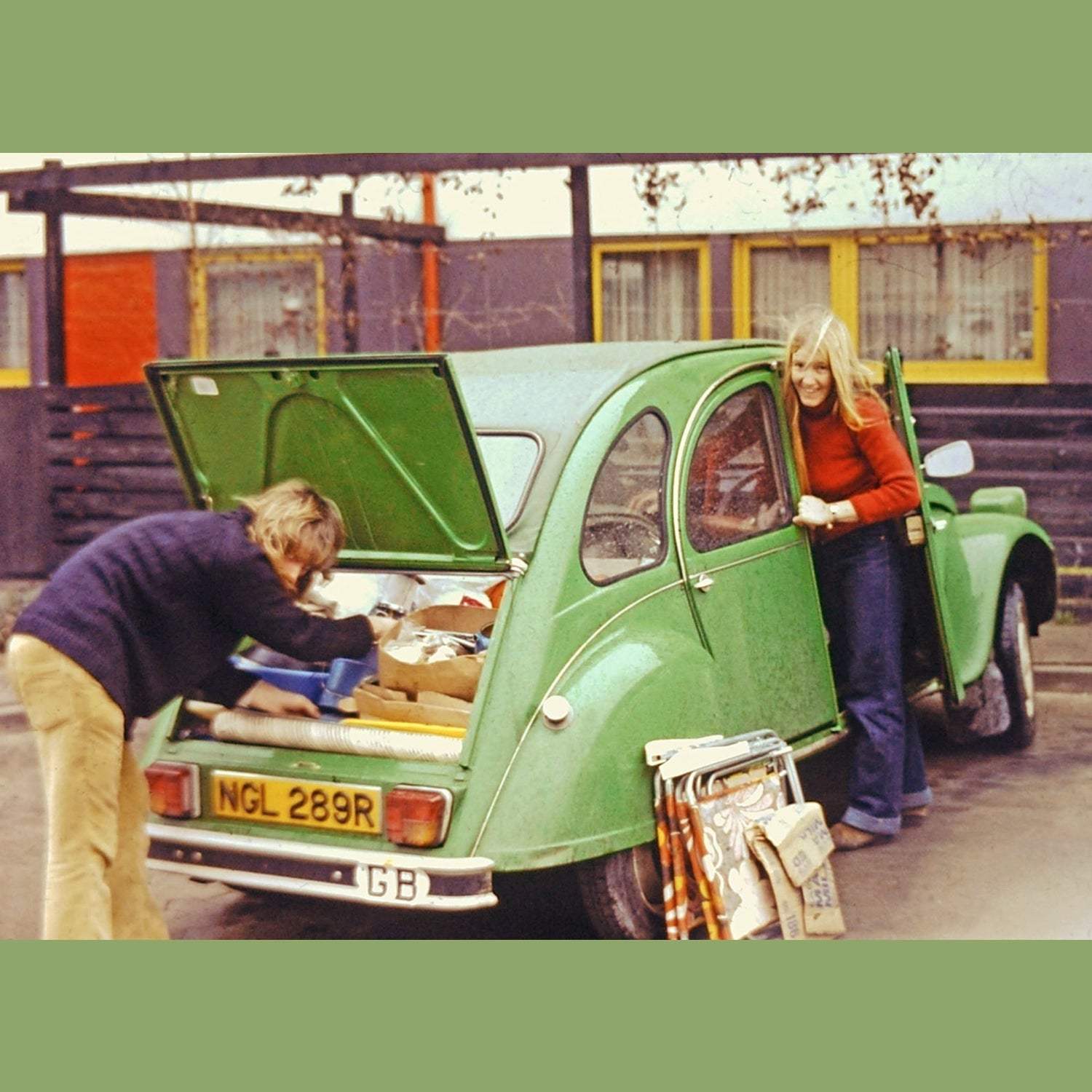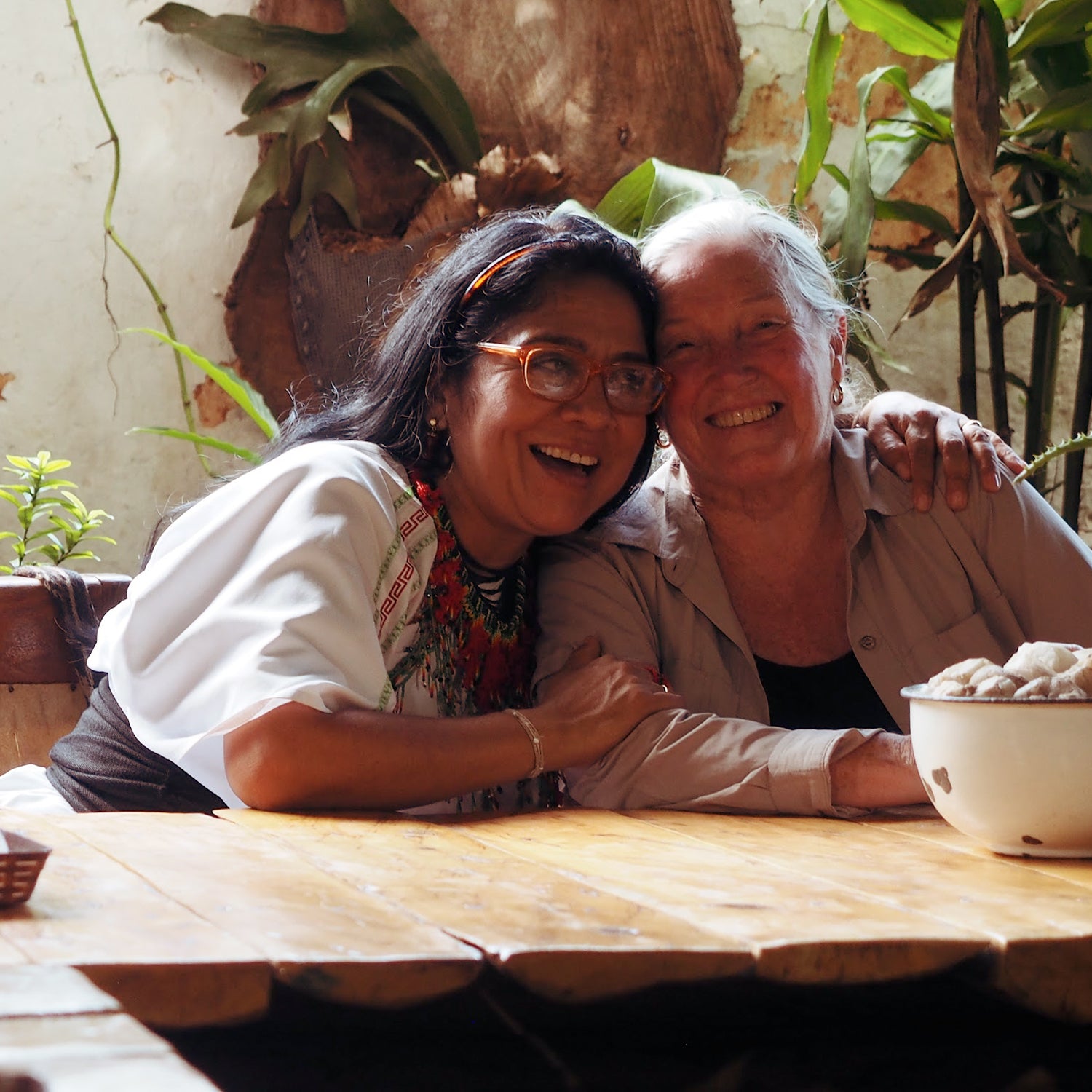

Yemen Mocha Matari
Limited availability
Description
Wild spicy fig and dark chocolate overtones
We are proud to be able to bring this Mocha fortune to Melbourne again.
More about Yemen Mocha Matari
Don’t be late for we have little to sip thanks to Sultan Selim.Coffee growing in Yemen is the very catalyst for all coffee we enjoy in every cup today.
In his book,"God’s Shadow", Alan Mikhail wrote, "Coffee was the first truly global agricultural commodity". From 1517, thanks to the Ottoman Sultan, Selim, coffee had become "one of the most valuable internationally traded agricultural commodities in history".
In 1517, Sultan Salems’ conquering army wrestled dominance of Yemen from Portugal and the Mamluk Empire and discovered Yemeni people growing and drinking coffee. He very soon recognised this commodity as a valuable revenue in the then flourishing trade routes to Central Asia, India, and Europe, which they controlled and taxed heavily. It was well established that under the Sultan’s rule, the first cafes were established throughout the expansive Ottoman Empire, over the next 200 years.
This Yemen coffee had probably arrived from Ethiopia in the 6th Century and the process remains the same today as always. The cherry is allowed to fully ripen, often till black on the tree. It is then laid on reed mats on tops of houses to sundry for 2-3 weeks, to complete the development of sugars in the seed. It is then pulped and cleaned, yet not really graded.
Farms are traditionally family-owned and the trees are anchored into the rocky high-altitude terraces, often with rocks piled around the butt of the trees to conserve moisture in the soil.
The ancient port of Mocha, on the southern coast of The Gulf of Aden, was the point of shipping from where this very coffee we adore as our Special Release, was moved by traders in the 16thC to many parts of Europe. Even then, it was considered a Special Release, and the taste characters of the coffee, with intense sweetness and dark bitter chocolate, was known as “Mocha”
Because of the violent and devastating war in Yemen for the last 7 years, we have not been able to source any of this heirloom treasure.
Last year, a new varietal was released from Yemen, called Yemeni. Though this strain has been growing unhindered on the arid ancient slopes of the barren high mountains around many regions of Yemen and consumed locally, the research has revealed this new varietal stands alongside the well-established known types like Bourbon, Catuai, Kent, Typica, and others, with significant flavour profiles unique to the coffee and with pest and fungus resistant properties.
These stubby trees are able to grow in quite arid conditions on very rocky soils and will become significant in the genetic sourcing of new hybrids capable of overcoming Climate Change.
This is the true origin of Mocha. All coffee from 16th C was shipped from the busy smelly putrid port of Mocha. Our Mocha Sanani Coffee from these arid plateaus, still has those wild spicy fig and dark chocolate overtones, medium body and pronounced winey acidity and is no exception to this rare experience.
- Espresso dose: 23 grams
- Extraction: 46 grams
- Time: 30 Seconds
- Temp: 94 degrees
- Filter Coffee-to-water ratio: 1:16 or 1:17
We dispatch orders within 1-3 days via Australia Post





